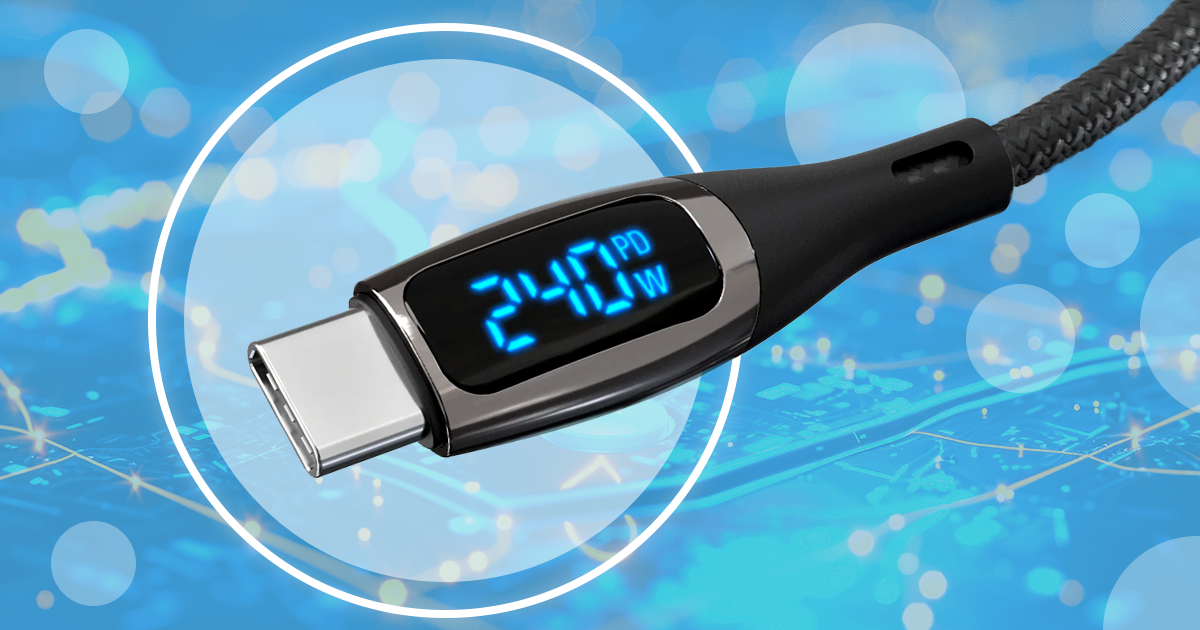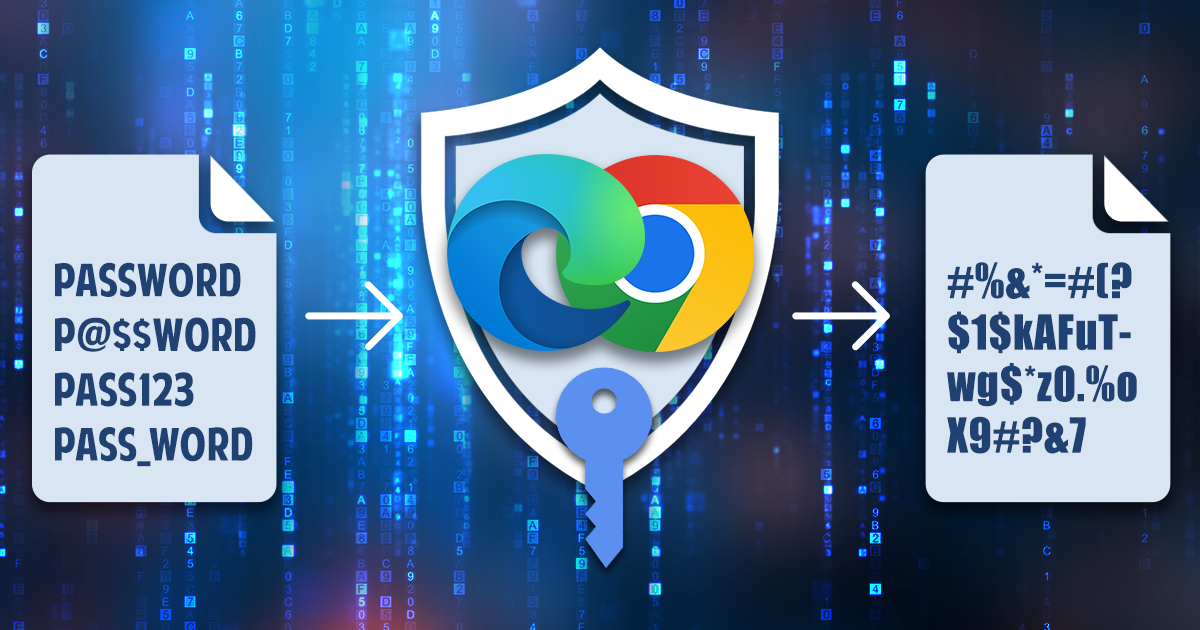Today’s mobile devices are getting increasingly more resistant to physical imaging, mostly due to the use of full-disk encryption. Full-disk encryption makes useless some low-level acquisition techniques of yesterday, which includes JTAG and chip-off.
Accessing the list of apps installed on an iOS device can give valuable insight into which apps the user had, which social networks they use, and which messaging tools they communicate with. While manually reviewing the apps by examining the device itself is possible by scrolling a potentially long list, we offer a better option. Elcomsoft Phone Viewer can not just display the list of apps installed on a given device, but provide information about the app’s version, date and time of acquisition (first download for free apps and date and time of purchase for paid apps), as well as the Apple ID that was used to acquire the app. While some of that data is part of iOS system backups, data on app’s acquisition time must be obtained separately by making a request to Apple servers. Elcomsoft Phone Viewer automates such requests, seamlessly displaying the most comprehensive information about the apps obtained from multiple sources.
If you watch industry news, you are probably aware of the new Phoenix jailbreak… or not. During the last several years, getting news about iOS jailbreaks from reliable sources became increasingly difficult. The sheer number of fake Web sites mimicking the look of well-known resources such as Pangu and TaiG made us extra careful when trying newly published exploits.
…dead? Not really, not completely, and not for every device. We’ve just updated iOS Forensic Toolkit to add physical support for some previously unsupported combinations of hardware (32-bit devices) and software (iOS 9.1 through 9.3.4). The intent was helping our law enforcement and forensic customers clear some of the backlog, finally taking care of evidence kept on dusty shelves in the back room. In order to do the extraction, you’ll need to install the “Home Depot” jailbreak from http://wall.supplies and, obviously, Elcomsoft iOS Forensic Toolkit 2.30.
As we already know, Apple syncs many types of data across devices that share the same Apple ID. Calls logs, contacts, Safari tabs and browsing history, favorites and notes can be synced. The syncing mechanism supposedly synchronizes newly created, edited and deleted items. These synchronizations work near instantly with little or no delay.
Your browsing history represents your habits. You are what you read, and your browsing history reflects that. Your Google searches, visits to news sites, activities in blogs and forums, shopping, banking, communications in social networks and other Web-based activities can picture your daily activities. It could be that the browsing history is the most intimate part of what they call “online privacy”. You wouldn’t want your browsing history become public, would you?
In this article we’ll discuss the differences between implementations of two-factor authentication in popular mobile platforms. We’ll research how two-factor authentication is implemented in Android, iOS and Windows 10 Mobile, and discuss usability and security implications of each implementation.
The previous article was about the theory. In this part we’ll go directly to practice. If you possess a turned on and locked iOS device and have no means of unlocking it with either Touch ID or passcode, you may still be able to obtain a backup via the process called logical acquisition. While logical acquisition may return somewhat less information compared to the more advanced physical acquisition, it must be noted that physical acquisition may not be available at all on a given device.
In recent versions of iOS, successful acquisition of a locked device is no longer a given. Multiple protection layers and Apple’s new policy on handling government requests make forensic experts look elsewhere when investigating Apple smartphones.
Today we are super excited: our first book on mobile forensics just got published! The book is called “Mobile Forensics – Advanced Investigative Strategies”, and is about everything you need to successfully acquire evidence from the widest range of mobile devices. Unlike most other books on this subject, we don’t just throw file names or hex dumps at your face. Instead, we discuss the issues of seizing mobile devices and preserving digital evidence before it reaches the lab; talk about acquisition options available in every case, and help you choose the correct acquisition path to extract evidence with least time and minimal risk.


